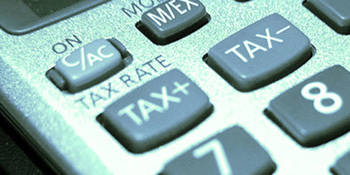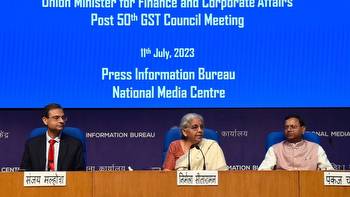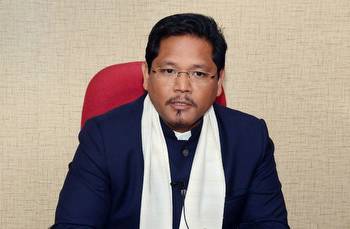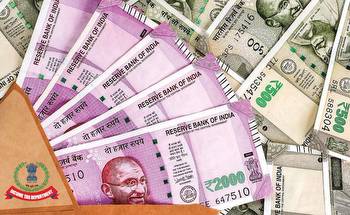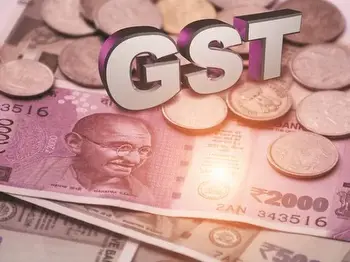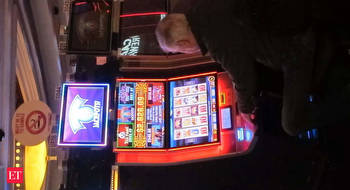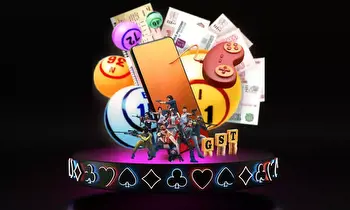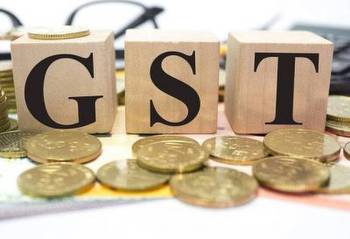Playing Online Casinos? Know the Tax Implications

India’s vast betting market remains unregulated and largely untaxed. The Union budget is struggling to cope with the effects of the global pandemic and runs on large deficits. Taxing online casinos and gambling seems an obvious solution.
The outdated Public Gaming Act of 1867 sets up the foundation of gambling levy requirements and categories; however, there are several legislative acts that also serve as the basis of Indian gambling taxation.
Income Tax Rules
The provisions of income earned from online betting fall under section 115BB of the Income Tax Act. The winning amount received is taxed at a flat rate of 30% excluding cess. The net rate after cess amounts to 31.2%.
According to the same study, reputable online casino operators such as Winvio India and Purewin India strive for the legality and make all necessary efforts to respect Bharat income tax legislation. This includes taxing gaming payouts at the source. Still, there are platforms that advertise “full amount” withdrawals of winnings, placing the responsibility of declaring earnings in the hands of desi gamers.
GST Rules
Legislation concerning the indirect Goods and Services Tax (GST) expressly sets a separate category of casinos, racecourses, and other gambling channels, requiring them to charge a rate of 28 percent on all their entry fees, products, and services. Moreover, GST is charged and paid by registered merchants and this makes it difficult to enforce it on offshore casino operators.
Case Laws
The Supreme Court of India in 1996 through the K.R. Lakshmanan judgmenthas devised a guiding concept to govern the practice of online gaming/gambling. Games, where chance predominates over skill, are forbidden, while games, where skill prevails over chance, are permitted.
The Constitution Bench of the Supreme Court in the State of Bombay Vs. R.M.D. Chamarbaugwala, AIR 1957 SC 699has clearly stated that Constitution makers who set up an ideal welfare State have never intended to elevate betting and gambling on the level of a country’s trade or business or commerce. Lottery, betting, and gambling are well-known concepts and have been in practice in this country since before independence and were regulated and taxed by different legislations. When Act, 2017 defined the goods to include actionable claims and included only three categories of actionable claims, i.e., lottery, betting, and gambling for purposes of levy of GST, it cannot be said that there was no rationale for including these three actionable claims for tax purposes. “It is a duty of the State to strive to promote the welfare of the people by securing and protecting, as effectively as it may, a social order in which justice, social, economic and political, shall inform all the institutions of national life,” the Supreme Court said.
The Supreme Court in held that lottery and gambling under GST’s ambit are legally valid, upholding the validity of tax imposition on lottery tickets and the prize money.








